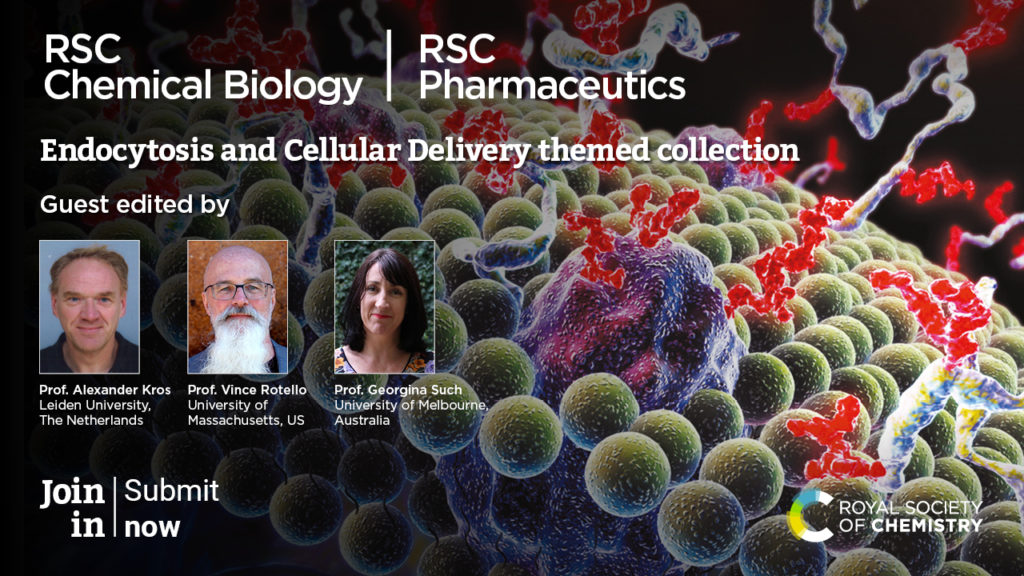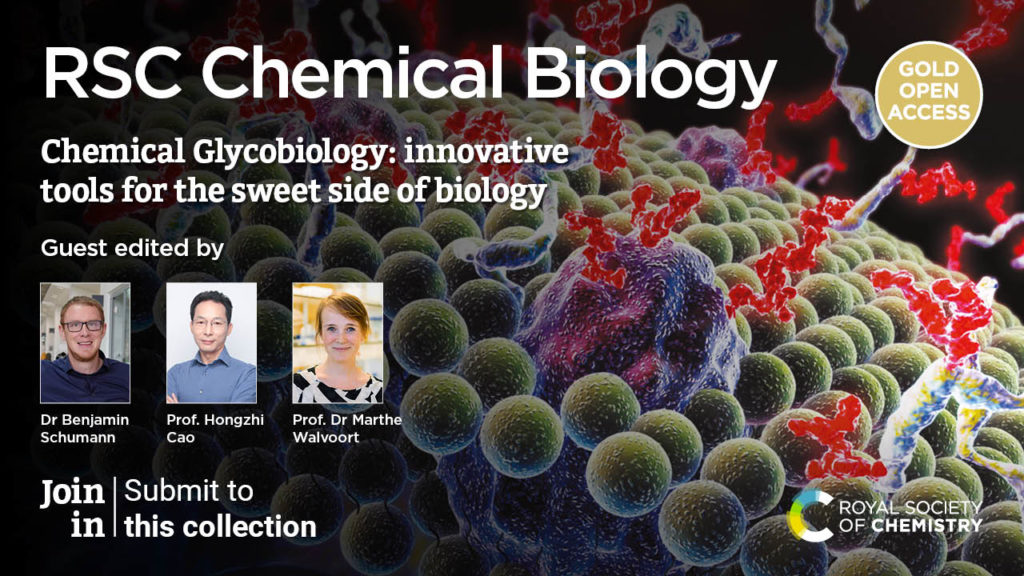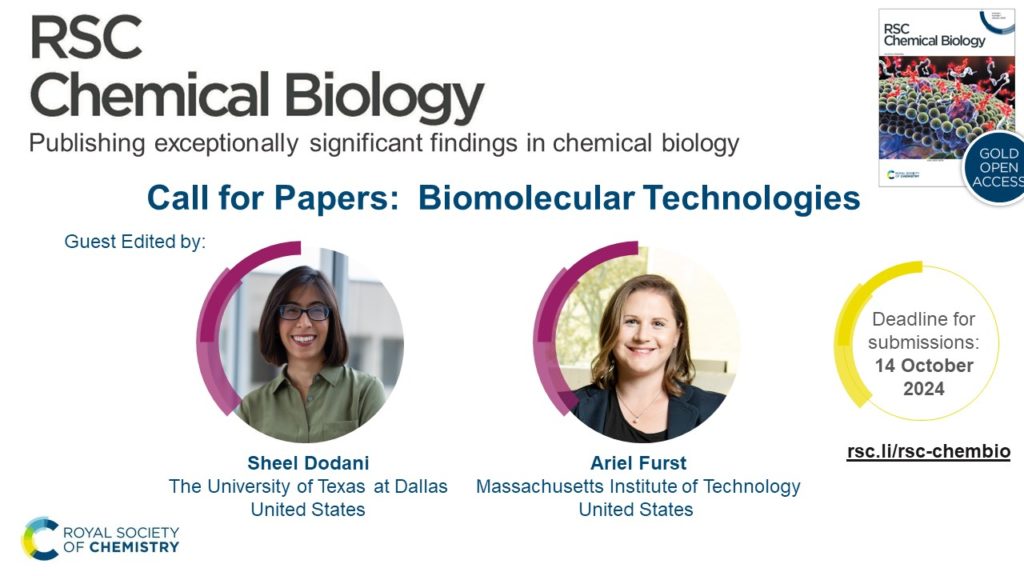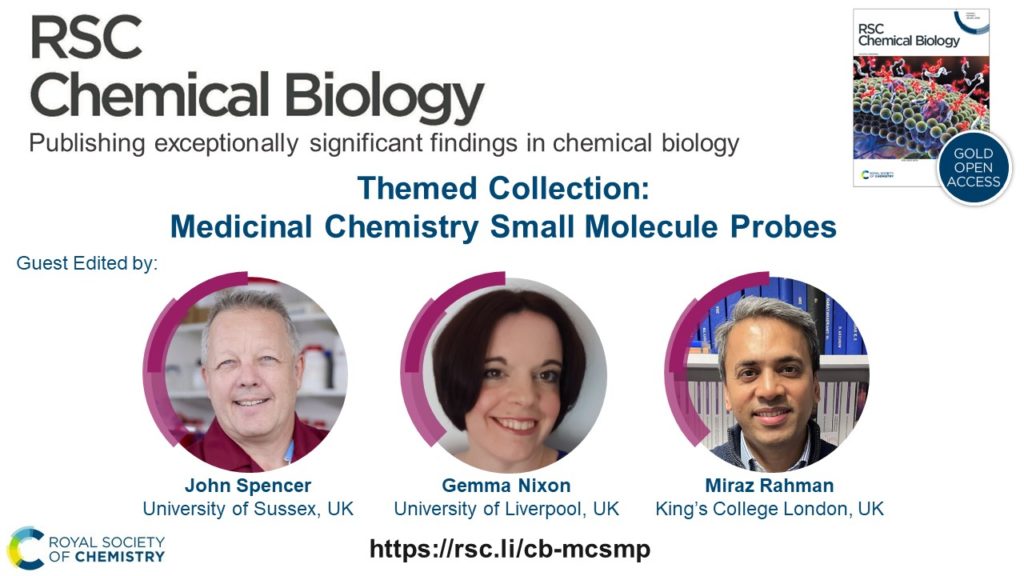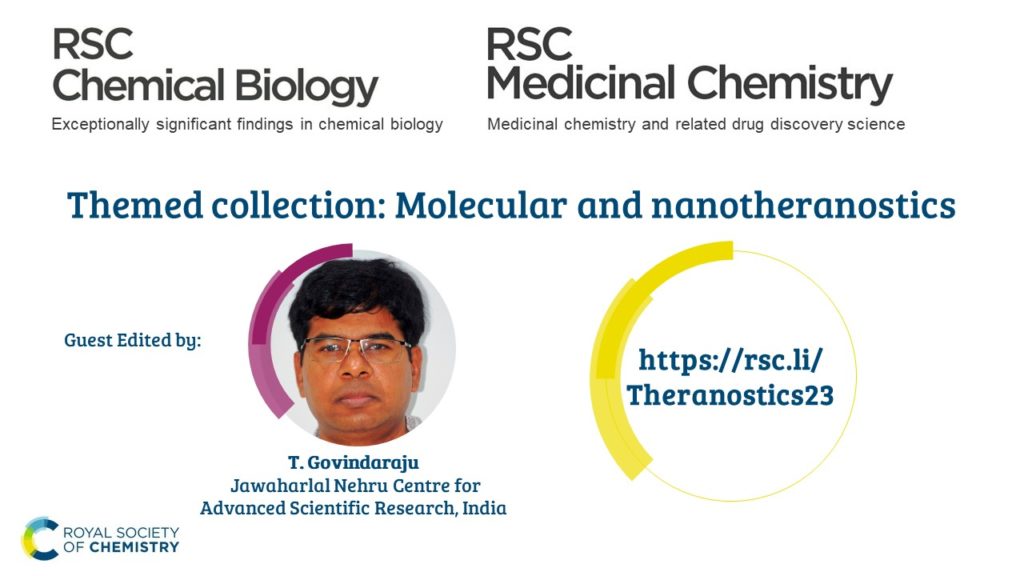We are delighted to announce an upcoming Royal Society of Chemistry themed collection on Biocatalysis, to celebrate the careers of Prof. Nicholas Turner and Prof. Sabine Flitsch of the University of Manchester.
Over their remarkable careers, Professors Turner and Flitsch have made sustained and substantial contributions across the fields of chemical biology, biocatalysis, and carbohydrate chemistry. Over this time, they have also supported the development of countless early career researchers, who have gone on to forge successful independent careers in academia and industry.
This upcoming themed collection is aligned with a special celebration being held at the University of Manchester in April 2026 (detailed here) to mark the occasion of their retirement. Contributions will be invited from all of those in attendance, though we also welcome submissions from former alumni and collaborators who would like to participate, but cannot attend the meeting. The organisers of the meeting, Dr Rebecca Ruscoe (Keele University), Dr Christian Schnepel (Durham University), Dr Sebastian Cosgrove (Keele University) and Dr Jack Rowbotham (University of Manchester), will act as Guest Editors for the collection.
The following Royal Society of Chemistry journals are participating in this collection: RSC Chemical Biology, Catalysis Science & Technology, Reaction Chemistry & Engineering, and RSC Advances. Contributions must meet the scope and requirements of the journal to which the article is submitted, and will be subject to the journal’s normal peer review processes, including an initial assessment for suitability. Articles must be submitted by 31 July 2026. We will publish accepted articles online in a citeable form as soon as they are ready, with compilation and promotion of the complete collection in late 2026.
Potential contributors will receive a formal invitation in early 2026. For any queries, please contact the editorial office of RSC Chemical Biology at chembio-rsc@rsc.org.



